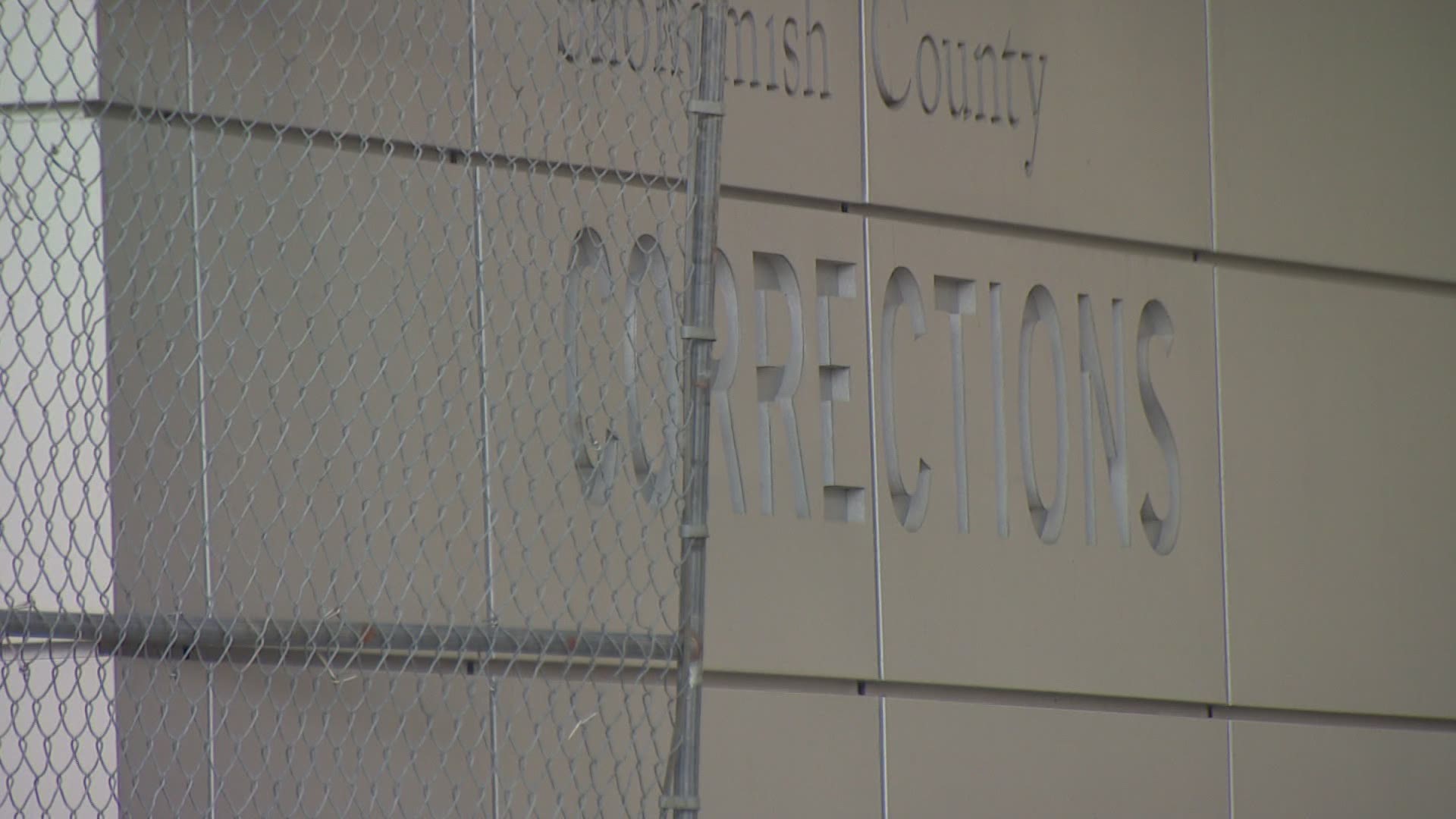EVERETT, Wash — Law enforcement across Washington this week decried the Washington State Supreme Court's decision that police can no longer arrest somebody for simply possessing a small amount of meth, heroin, or any other drug.
Island County Sheriff Rick Felici warned that the ruling would stymie law enforcement.
"[I]t will impact law enforcement's ability to 'work their way up the chain' to get to drug dealers," he wrote on Facebook.
But Shandell Orr, who is recovering from addiction to heroin and meth, supports the change. Orr believes jail for simple possession isn't fixing the drug problem and actually does far more harm than good.
"If somebody gets caught with drugs then they can't work because they got a felony and nobody will hire them because they have drug charges on your record," says Orr. "And then if you don't have a job and nobody will hire you, you go back to what you know."
The state Supreme Court's decision stems from a case where a Spokane woman was arrested after receiving a pair of pants from a friend. Inside one of the pockets was a small bag of methamphetamine.
The state justices ruled that the state's felony drug possession law was unconstitutional because, unlike other states, Washington's statute doesn't require prosecutors to prove that someone knowingly or intentionally possessed drugs. Other drug laws are unaffected.
Snohomish County Sheriff Adam Fortney mocked the ruling on Facebook.
"Washington State Supreme Court actually bought off on the 'THESE AREN'T MY PANTS' defense. You just gotta laugh at some of this stuff in Washington State," he wrote.
King County Councilman Regan Dunn said this will have an impact on people convicted for other crimes as well.
"This ruling will impact cases involving violent offenders, who will need to be re-sentenced because felony drug convictions now cannot count toward their offender score. Therefore, they will very likely receive a lower sentence," Dunn said.
Snohomish County Prosecutor Adam Cornell says his office is "scrambling" to understand the full impact of the decision.
The ruling will impact at least 500 to 1,000 Snohomish County cases, past and present. About half a dozen inmates at the county jail will soon be released.
But Cornell believes there is a deeper fallout. The county's drug court program has been highly effective in getting people sober with the threat of a drug conviction hanging over their heads.
That program is now effectively eliminated, Cornell said.
"The Supreme Court's decision takes away that opportunity for so many people in our county. It makes the public health threat that is substance abuse disorder all the more imminent and staggering," Cornell said.
Whatcom County Sheriff Bill Elfo agreed.
"This decision will eliminate incentives for the addicted to cooperate, and seek treatment."
But three-and-a-half years after she hit her rock bottom, Orr said it took a compassionate social worker, not jail, to get her straight.
"You could have thrown jail time at me, it wouldn't have kept me sober. Almost losing my kids didn't keep me sober," she said.
She hopes some good can come from the court ruling.
"This is something different, so maybe there will be change for the better."

